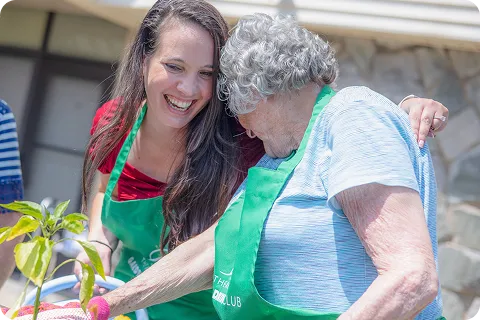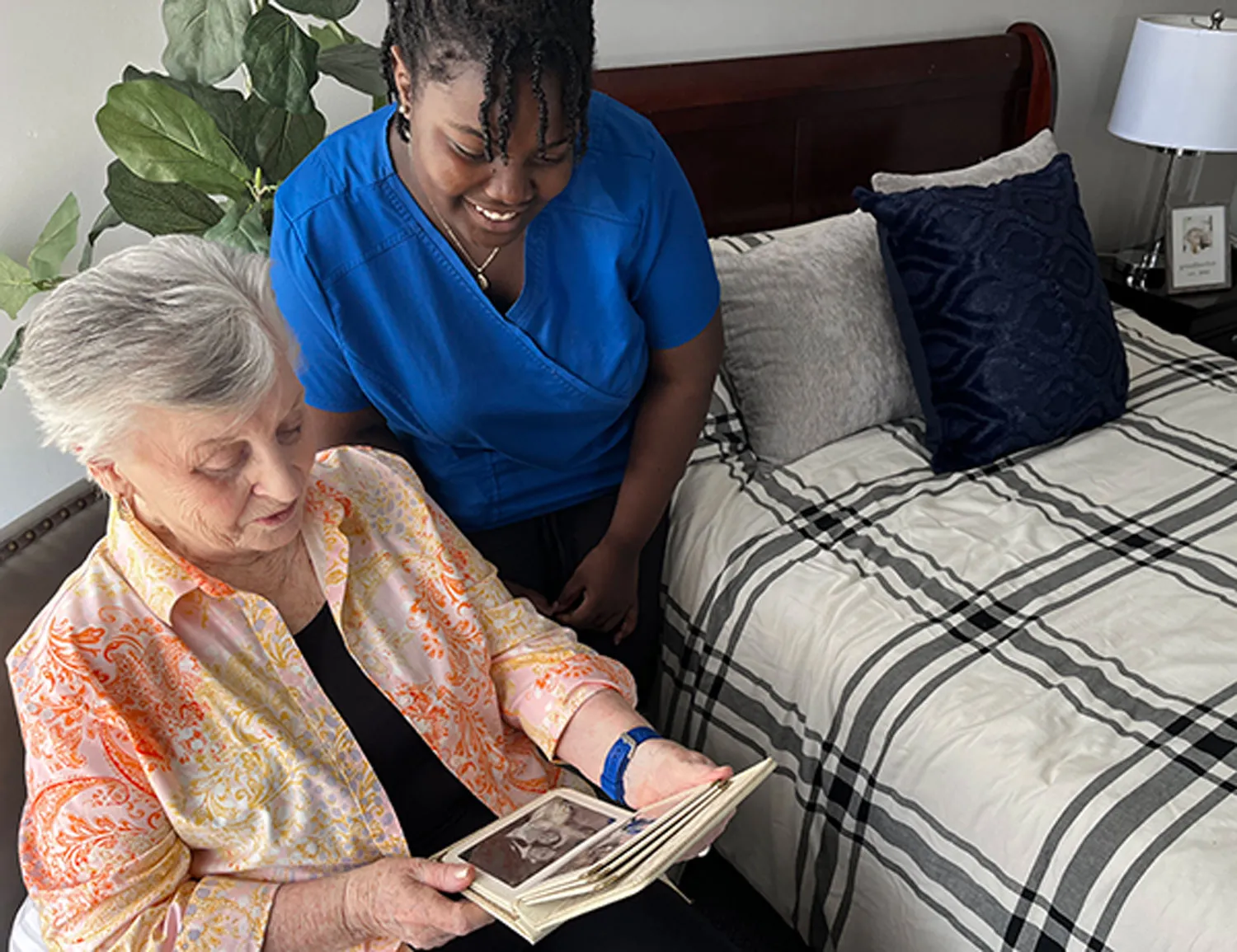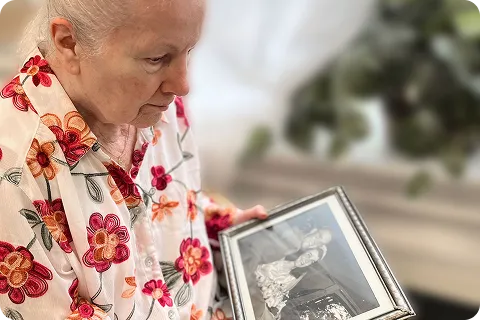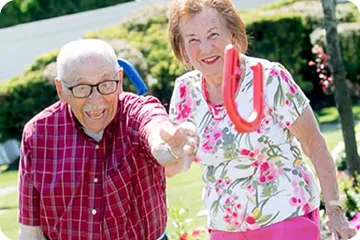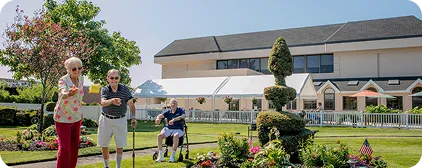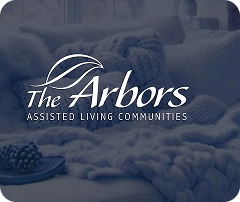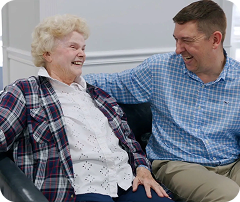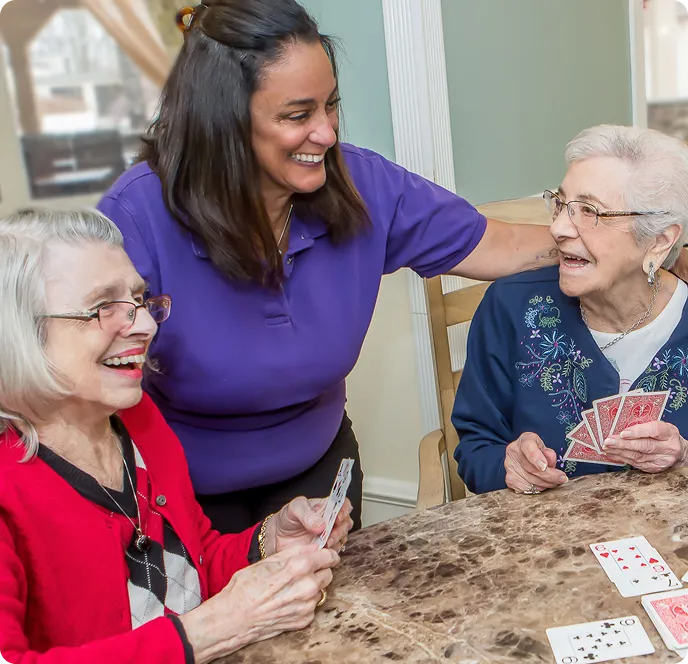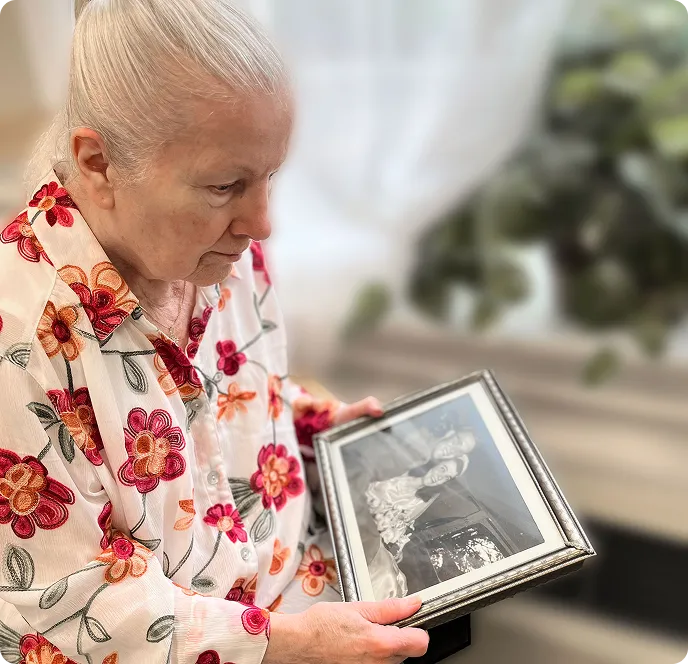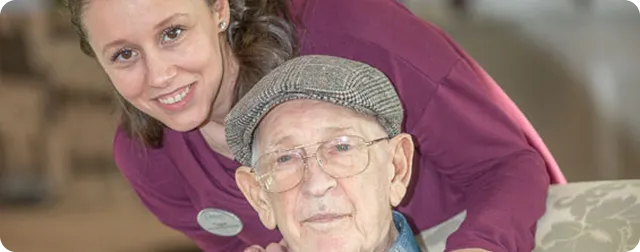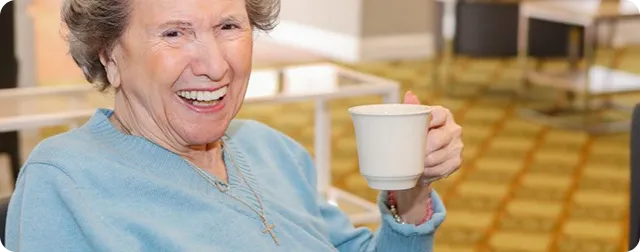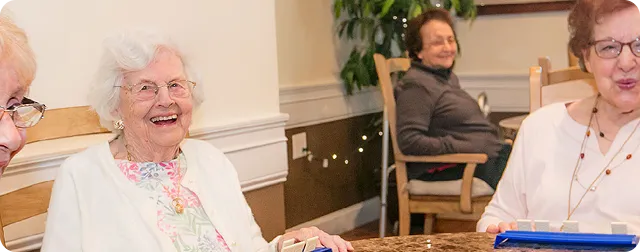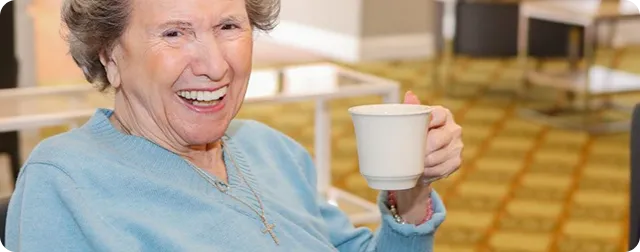(631) 778-7747
Know the 10 Signs of Alzheimer’s disease
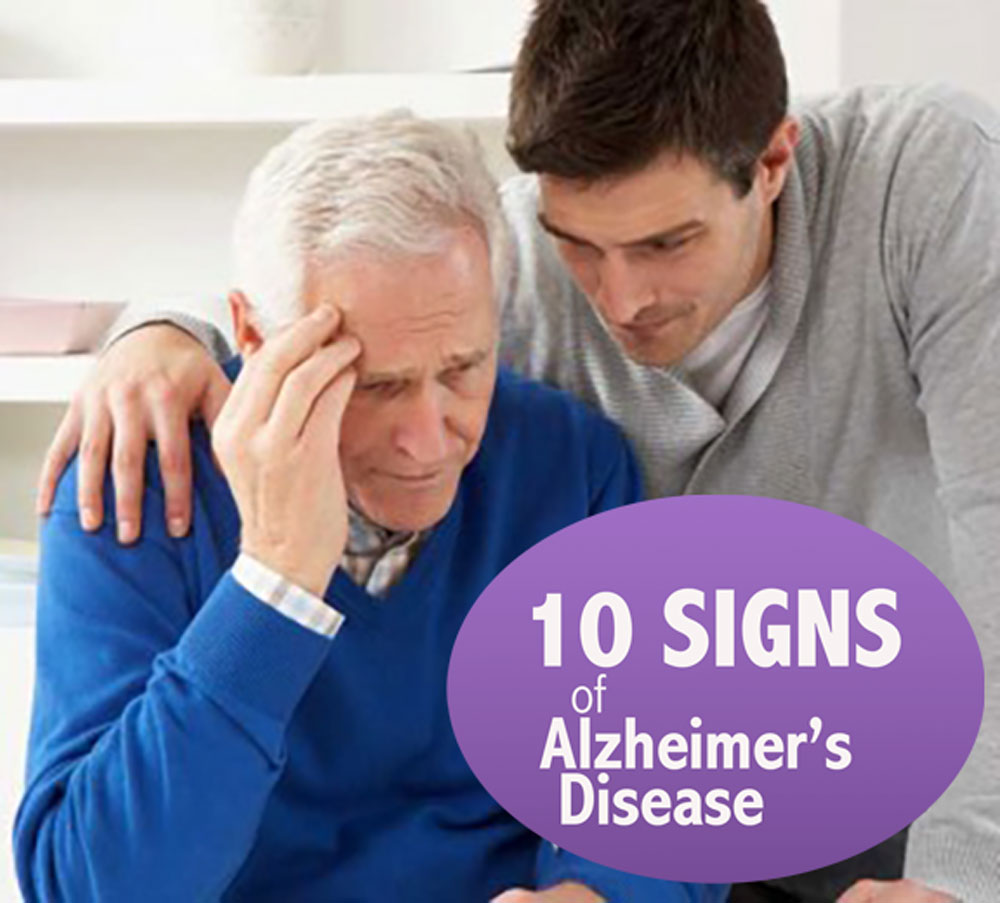
Know the 10 Signs of Alzheimer’s disease
1. Memory Changes that disrupt daily life: One of the most common signs of Alzheimer’s disease, especially in the early stages is forgetting recently learned information. (Forgetting important dates, asking for the same information over and over.)
Typical Age-Related Changes: Sometimes forgetting names or appointments, but remembering them later.
2. Challenges in planning or solving problems: Some may have difficulty concentrating and take much longer to do things than they did before. (They may have trouble following a recipe or keeping track of monthly bills.)
Typical Age-Related Changes: Making occasional errors when balancing a checkbook.
3. Difficulty completing familiar tasks: People with Alzheimer’s often find it hard to complete daily tasks. (Driving to a familiar location, remembering the rules to a familiar game, or managing a budget at work.)
Typical Age-Related Changes: Occasionally needing help to use the settings on a microwave or record a television show.
4. Confusion with time or place: People with Alzheimer’s can lose track of dates, seasons and the passage of time. (They may have trouble understanding something if it is not happening immediately, or may forget how they got somewhere.)
Typical Age-Related Changes: Getting confused about the day of the week, but figuring it out later.
5. Trouble understanding visual images and spatial relationships: Some may have difficulty reading, judging distance and determining color or contrast. (They may not realize they are the person in the mirror.)
Typical Age-Related Changes: Vision changes related to cataracts.
6. New problems with words in speaking or writing: People with Alzheimer’s may have trouble following or joining a conversation. (They may stop in the middle of a conversation and have no idea how to continue or they may repeat themselves, and/or struggle with vocabulary.)
Typical Age-Related Changes: Sometimes having trouble finding the right word.
7. Misplacing things and losing the ability to retrace steps: A person with Alzheimer’s may put things in unusual places. (They may lose things and be unable to go back over their steps to find them again. Sometimes they may accuse others of stealing.)
Typical Age-Related Changes: Misplacing things from time to time.
8. Decreased or poor judgment: People with Alzheimer’s disease may demonstrate unusual changes in judgment or decision making. (They may use poor judgment when dealing with money, giving large amount to telemarketers. They may pay less attention to grooming or keeping themselves clean.)
Typical Age-Related Changes: Making a bad decision once in a while.
9. Withdrawal from work or social activities: A person with Alzheimer’s disease may start to remove themselves from hobbies, social activities, work projects or sports. (They may also avoid being social because of the changes they have experienced.)
Typical Age-Related Changes: Sometimes feeling wearing of work, family and social obligations.
10. Changes in mood and personality: The mood and personalities of people with Alzheimer’s disease may change. (They may be easily upset in places where they are out of their comfort zone. They can become confused, suspicious, depressed, fearful or anxious.)
Typical Age-Related Changes: Developing very specific ways of doing things and becoming irritable when a routine is disrupted.
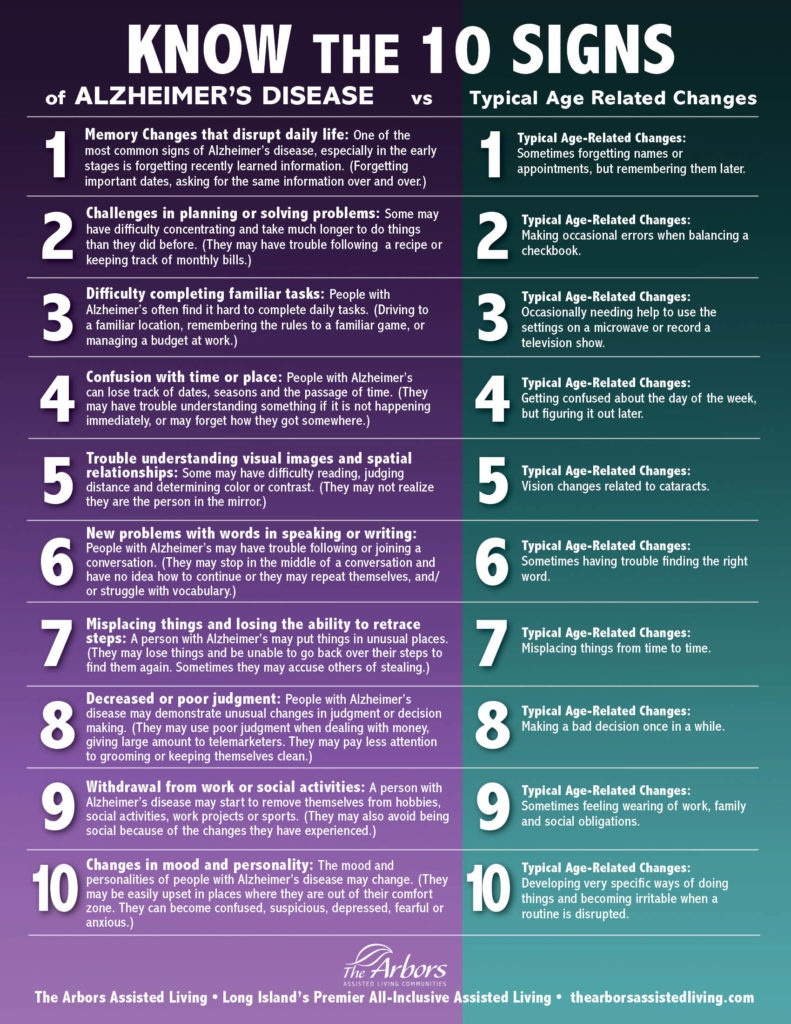
If you notice any of these 10 warning signs in yourself or a loved one, you should talk to your physician. Early detection matters.
Recent News
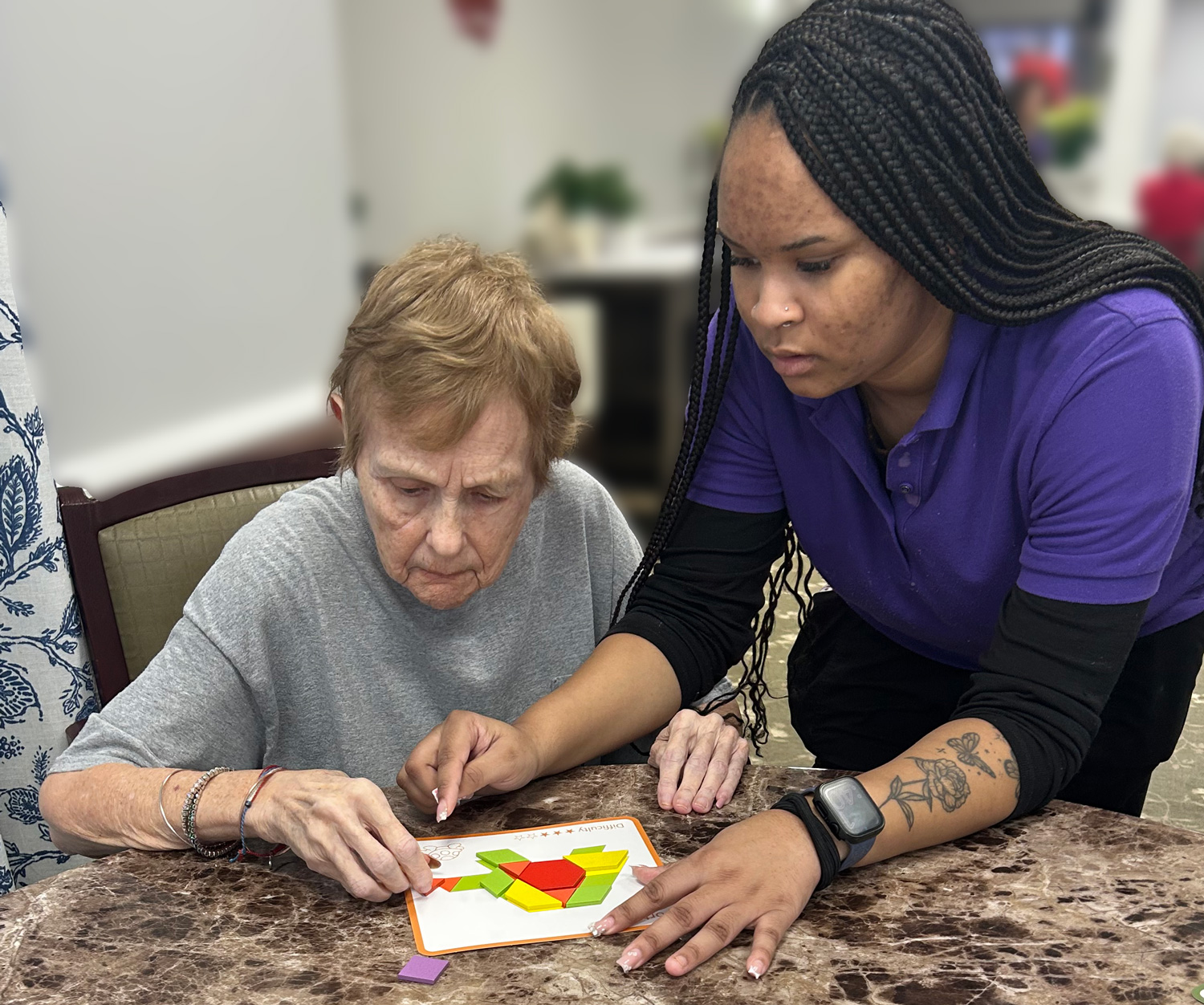
The Power of Touch
February 9, 2026

Winter Readiness for Caregivers: Do You Have a Plan?
January 6, 2026
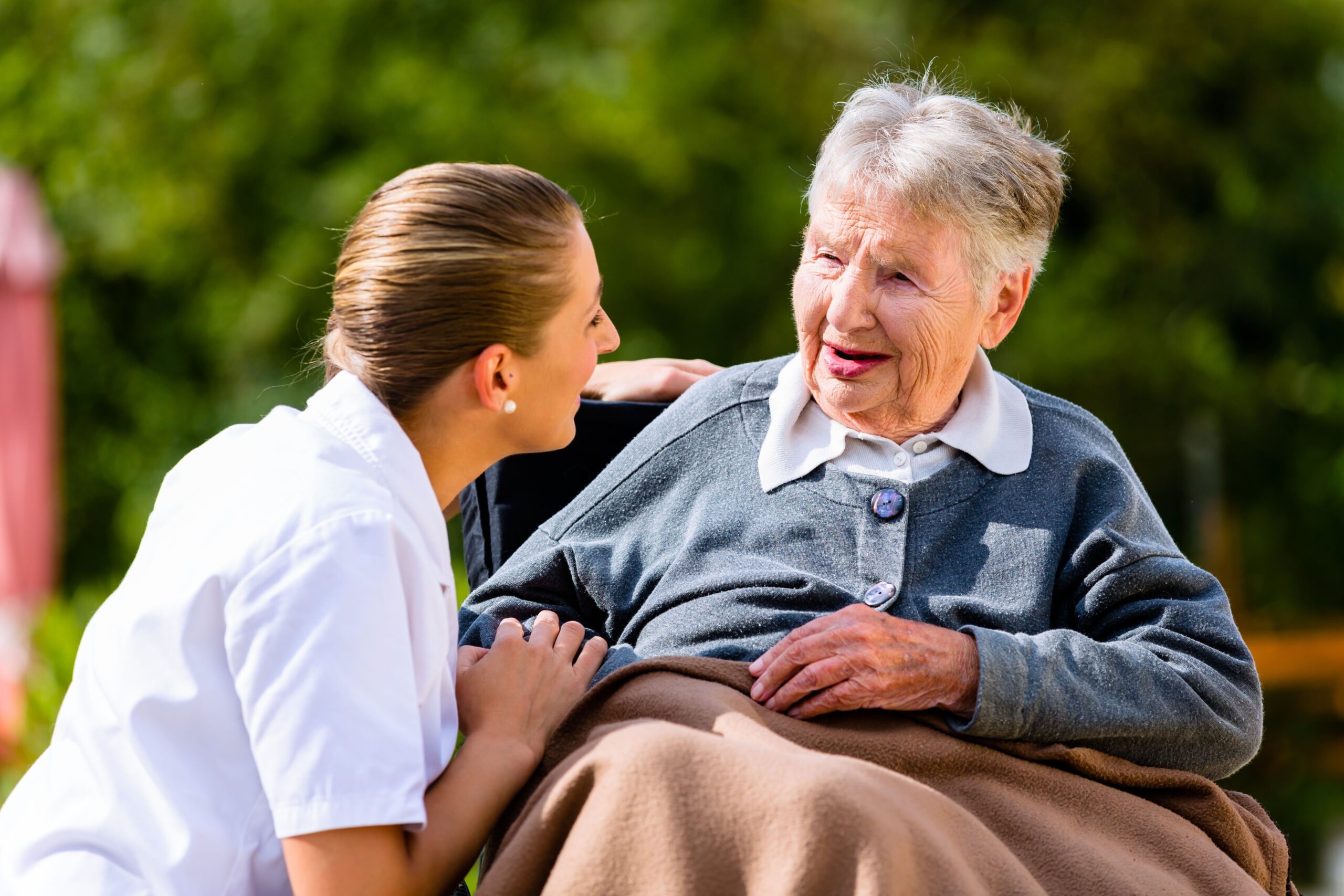
Important Topics to Discuss With Local Assisted Living Centers
November 10, 2025

When It’s Time: Helping Your Parents Accept the Need for Assisted Living
October 15, 2025

How to Encourage an Aging Parent to Shower When They Refuse
July 2, 2025
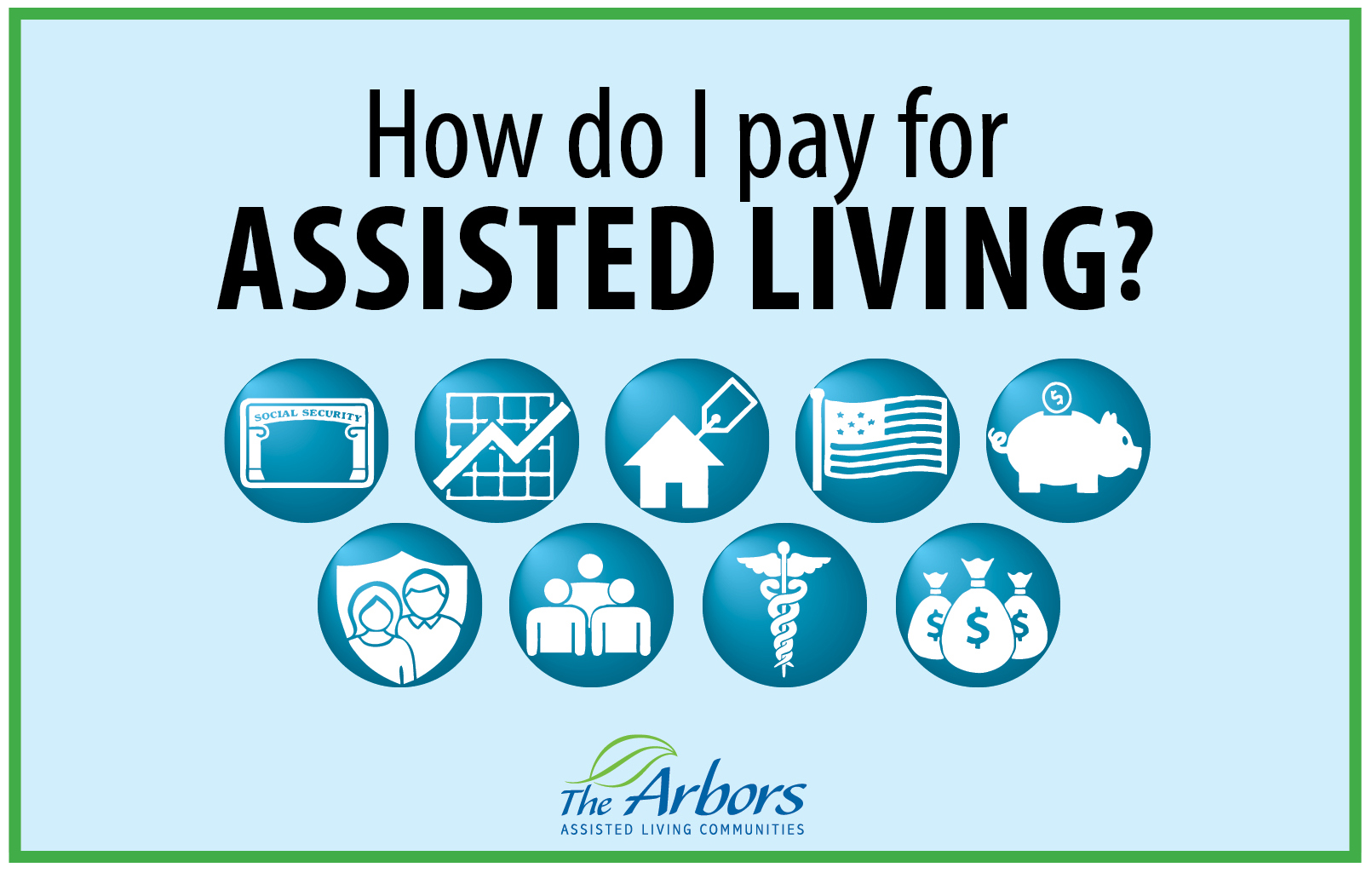
How Do I Pay for Assisted Living
June 6, 2025
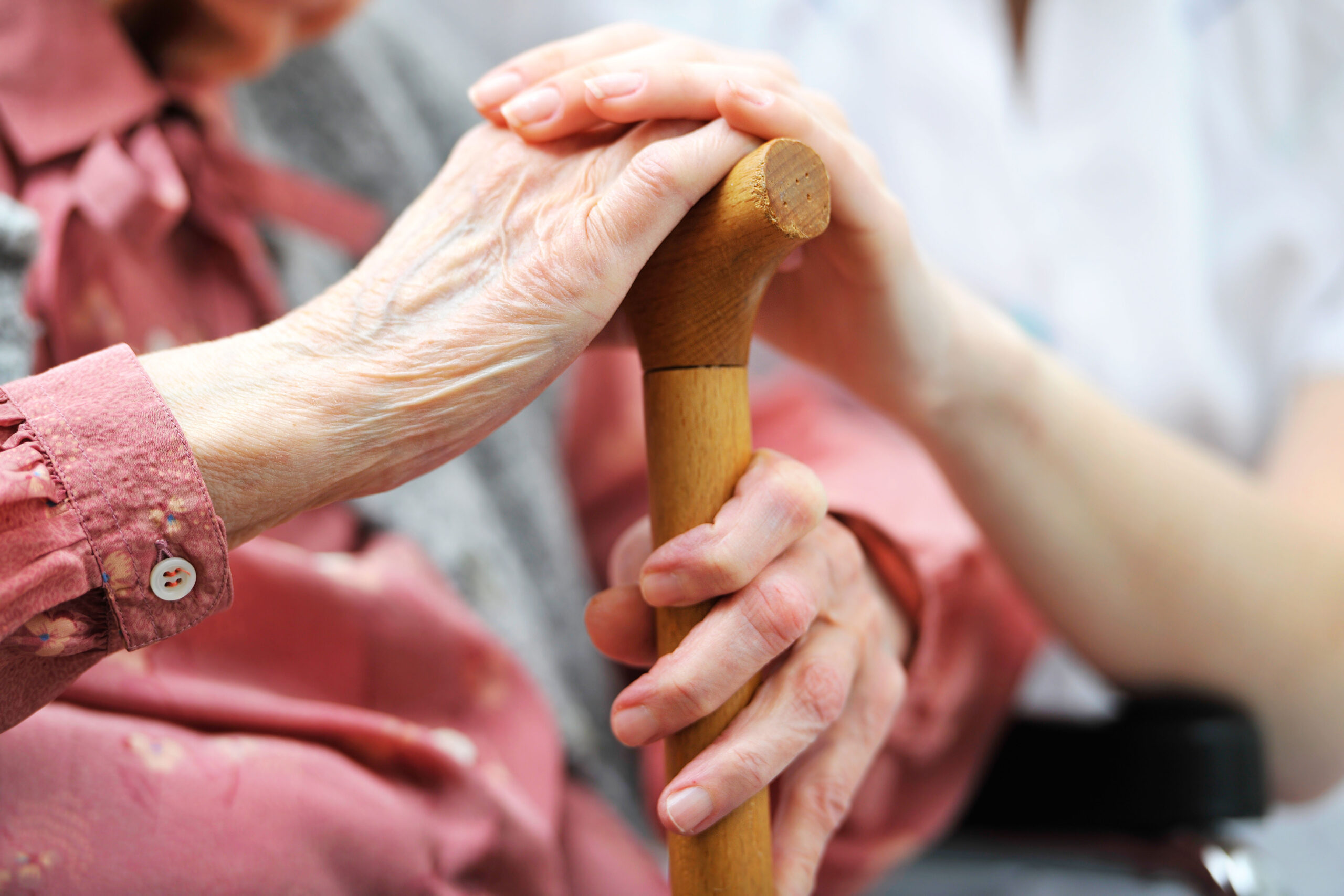
3 Signs You Should Consider Assisted Living
May 15, 2025
GET IN TOUCH
Let’s Talk About Making The Arbors Your Home
REQUEST A VISIT
Schedule a Tour of our Long Island Assisted Living Communities


